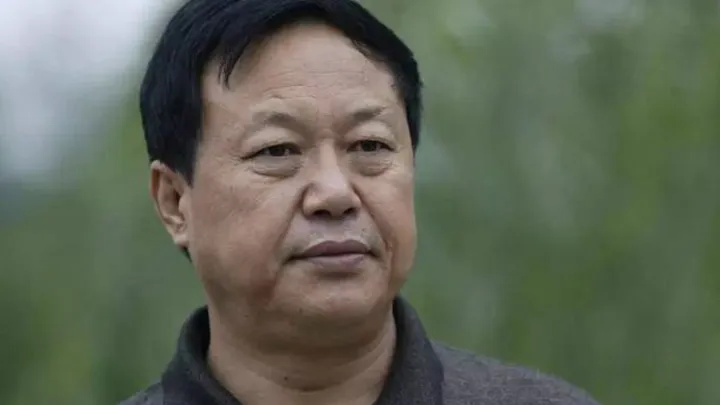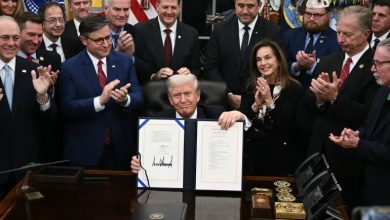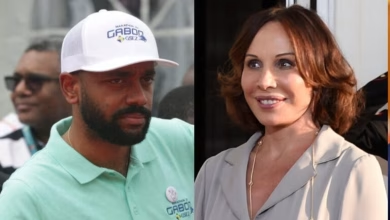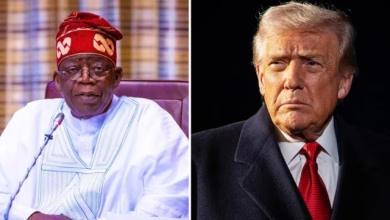Billionaire Pig Farmer Battles Conviction from Jail Amid China’s Tycoon Crackdown

- Billionaire Sun Dawu seeks to overturn his 18-year sentence to save his company.
- Sun is a major target in Xi’s crackdown on influential business figures.
- Sun’s company was sold at a fraction of its value.
- Sun’s case mirrors other high-profile business arrests.
Billionaire pig and chicken farmer Sun Dawu, currently serving an 18-year sentence in northern China on corruption charges, has urgently appealed to the court to hear his case. Sun, 70, warned that his company, Hebei Dawu Agriculture and Animal Husbandry Group, which employs over 10,000 people, could collapse without his leadership. He argued that delaying his appeal would harm the business and counter the interests of court leaders and government officials. His situation highlights the Chinese leadership’s focus on maintaining political control despite economic challenges like the property crisis.
Sun is a high-profile figure in President Xi Jinping’s crackdown on tycoons and executives perceived as threats to Communist Party control. In the past three and a half years, at least 36 top business and financial figures have faced legal action, according to sources including the Central Commission for Discipline Inspection and state media. Sun’s harsh 18-year sentence reflects the Party’s determination to eliminate challenges to its authority, even if it impacts economic growth.
The Chinese government denies that these actions constitute a crackdown on the private sector, asserting that it values private enterprise and that such claims are misleading. Sun’s appeal has not yet been reviewed by the Hebei Province People’s High Court, and his company was controversially sold in April 2022 at a significantly undervalued price.
Newly available legal documents and interviews reveal Xi’s ongoing efforts to assert state control over business, continuing a complex history between private enterprise and the Communist Party. Human rights lawyers and dissidents view Sun’s case as part of a broader effort to suppress influential private businessmen.
Li Jinxing, a former criminal defense lawyer, sees Sun’s case as indicative of a systematic crackdown on influential private entrepreneurs. This pattern is evident in other high-profile cases, such as real estate mogul Ren Zhiqiang and Anbang Insurance Group’s Wu Xiaohui, both sentenced to 18 years for charges related to corruption and financial misconduct.
In Hong Kong, pro-democracy media mogul Jimmy Lai is also facing trial for sedition and collusion with foreign forces, highlighting a shift away from honoring business magnates in the region. Lai’s case is seen by his legal team as stemming from his advocacy for democracy rather than economic or power struggles.
The broader economic context includes a significant decline in tech company market value and foreign direct investment, alongside a struggling economy. The crackdown has resulted in substantial asset seizures from convicted tycoons, providing a financial boost for authorities facing falling tax revenue and rising debt.
Sun Dawu’s downfall was rooted in events long before his arrest. Known for his straightforward approach, Sun’s early success in agriculture led to two invitations to Zhongnanhai, where he candidly criticized state monopolies and restrictive policies. His outspoken nature and critiques of Maoist policies, alongside his support for democracy, set him apart as one of the few top executives challenging the status quo.





